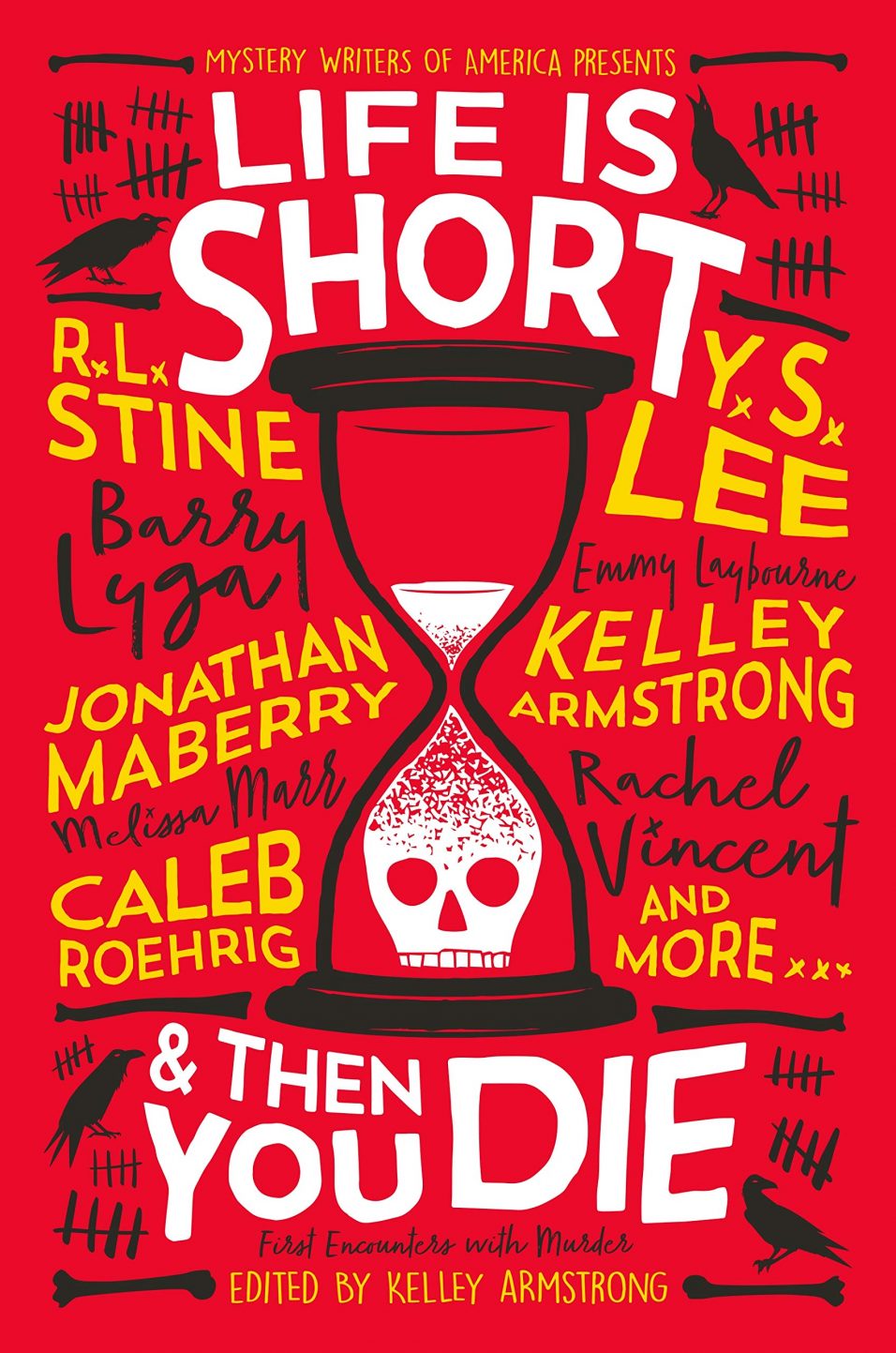The Short Story Report
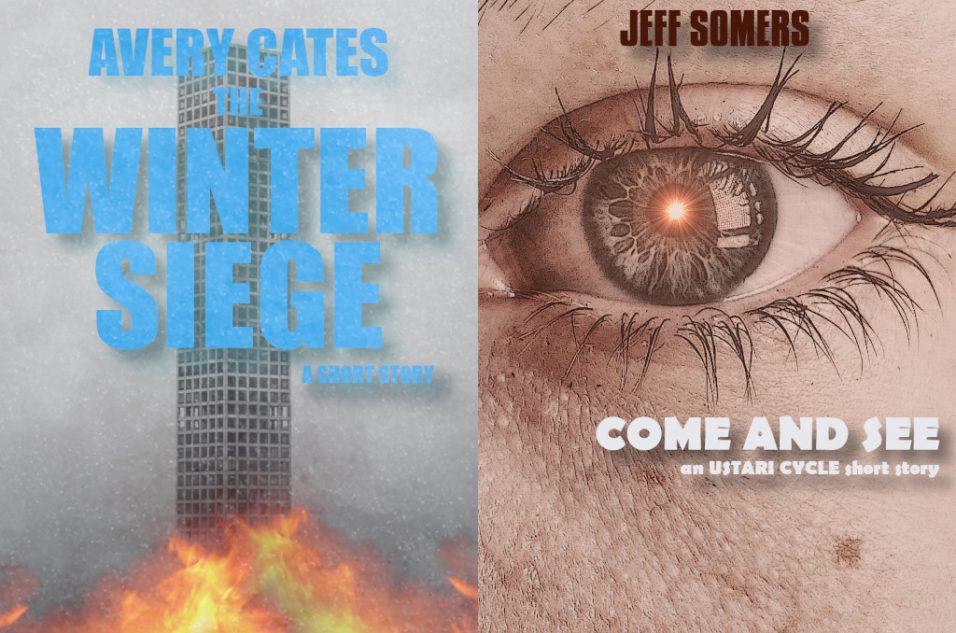
Well, 2024 is almost over, and I greet it as I do every year with a mixture of relief and sadness. Relief, because I survived one more year despite the universe’s animosity! And sadness because there are a lot of burritos I’ll never get to eat again. Measuring one’s life in burritos is not advisable, but here we are.
I could (and often do) measure my life in terms of short stories, because I am all about the short story. Sometimes I like to offer a report on my short stories to anyone who’s interested, because I know I love it when writers break down practical stuff like how much they write and what they make from it and all that. So let’s take a look at The Wondrous World of Jeff Somers through the lens of short story productivity.
This year I wrote 24 short stories, counting the one I’m currently working on that I will 100% finish by 12/31 or die trying. That’s pretty good – I always write a minimum of 12 (at least one a month), but I often think having ideas for stories is a good metric for how healthy my muse is. They might not all work, but at least I’m excited enough about concepts to put pen to paper.
Included in those 24 stories are Come and See and The Winter Siege, stories set in my Ustari Cycle and Avery Cates universes, respectively. You can read those by subscribing to my short fiction Substack.
I submitted 144 stories this year and sold two (History Porn over at Book XI and Lone Star. Deep Black. Hum. in Fission #4. A third story I sold last year published as well, Teeth Can Hardly Stand in Crimeucopia – Totally Psycho-Logical, and a fourth story that I originally sold back in 2019 finally published: A Permanent Vacation In the Void of Hunger appeared in Book of 42². I have one story on hold with an editor – they liked it but weren’t sure where they could place it, and so asked if I could let them sit on it for a few months.
Yes, two sales out of 144 subs is not a great sell rate, but I have a lazy firehose approach to submitting fiction, because I am a lazy man.
I earned $583 bucks off those short story sales, give or take, which isn’t retirement money but is whiskey money, so I’m happy about that. I’m more interested in getting my work published than getting paid for it, but I have found that holding out for pro rates on short stories generally means your stories have a better chance of actually being read.
So that’s the 2024 Short Story Report. I’ll be right back at it in 2025, assuming the vengeful universe doesn’t take me out.



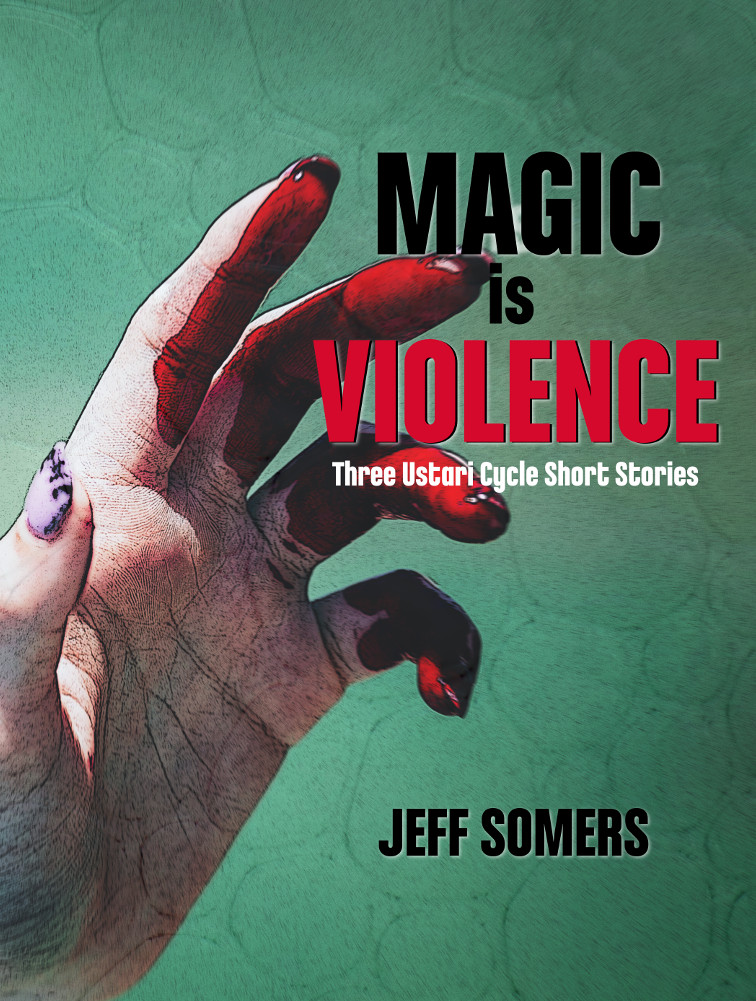


 I done did it again: A new episode of
I done did it again: A new episode of 
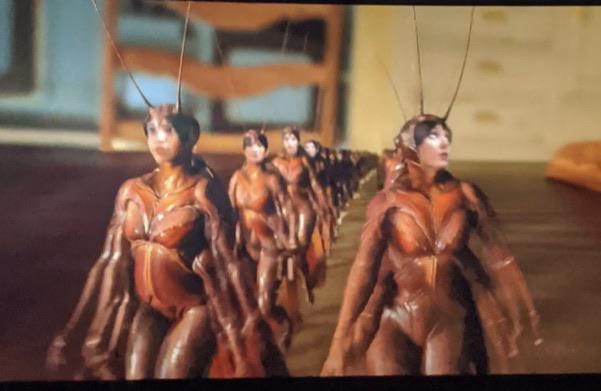
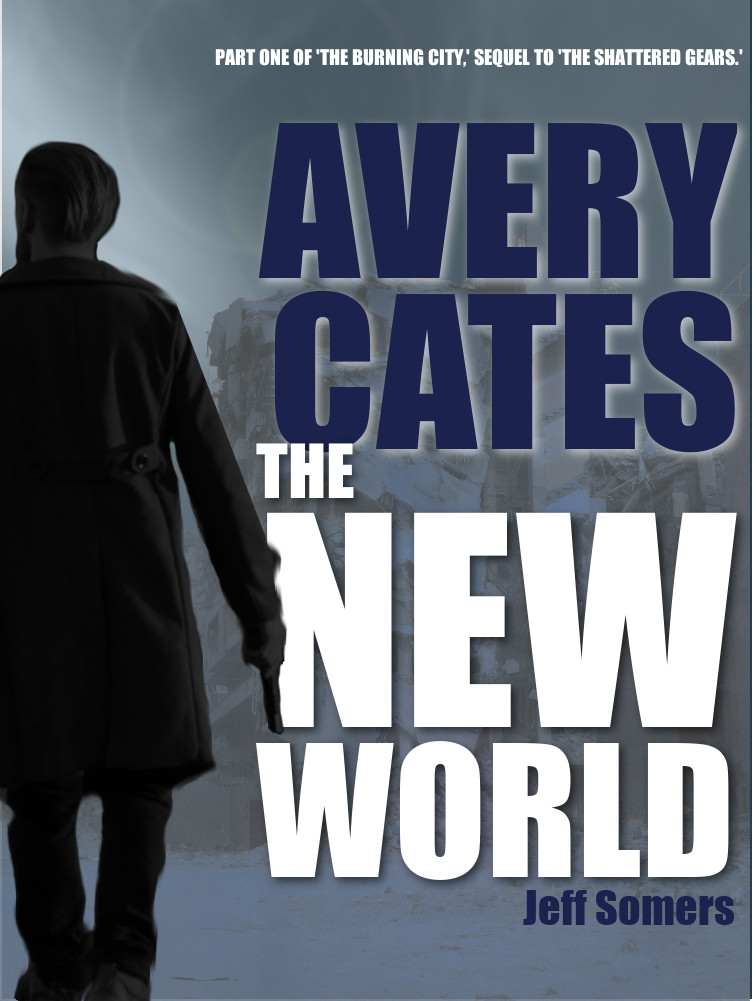 Fiction-wise, also not bad. I finished 11 of my monthly short stories, so far (and trust that I will finish #12 in a few days even if I have to kill all the characters in a plane crash). I also finished 4 other stories outside of that monthly exercise. I didn’t complete any novels this year, but I’m 50k words into one and 40k words into a short-story cycle, so I wasn’t napping. I also finished and completed 50k words worth of novella-length parts of the new Avery Cates novel The Burning City and
Fiction-wise, also not bad. I finished 11 of my monthly short stories, so far (and trust that I will finish #12 in a few days even if I have to kill all the characters in a plane crash). I also finished 4 other stories outside of that monthly exercise. I didn’t complete any novels this year, but I’m 50k words into one and 40k words into a short-story cycle, so I wasn’t napping. I also finished and completed 50k words worth of novella-length parts of the new Avery Cates novel The Burning City and 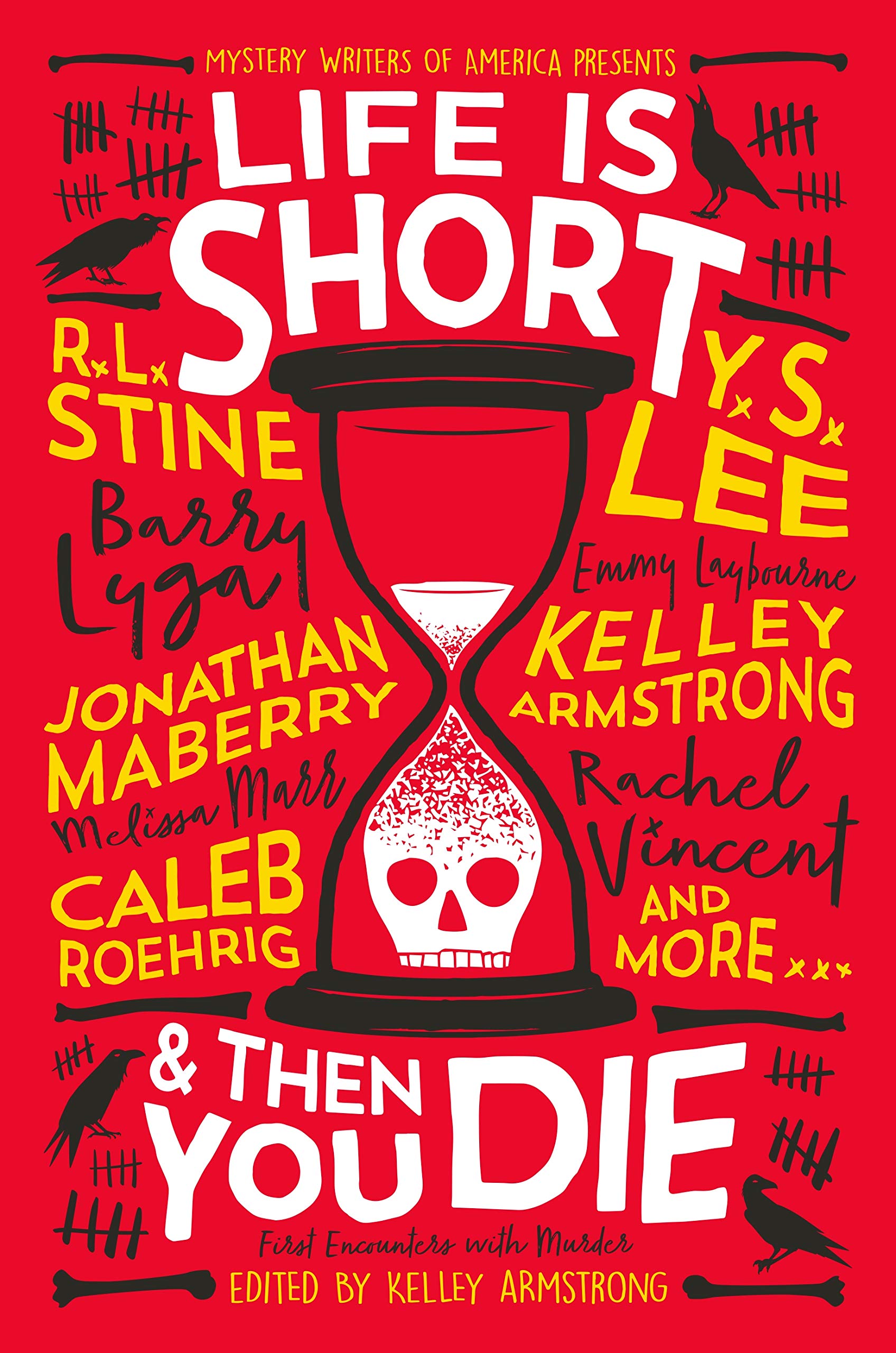 I submitted a ton of stories (74, to be exact; note this doesn’t mean 74 separate stories, but 74 submissions of a few stories I currently think are great), as usual, and sold three of them, of which two have published: The Company I Keep in
I submitted a ton of stories (74, to be exact; note this doesn’t mean 74 separate stories, but 74 submissions of a few stories I currently think are great), as usual, and sold three of them, of which two have published: The Company I Keep in  And I started a podcast, like everyone else in this sadly imitative world.
And I started a podcast, like everyone else in this sadly imitative world. 